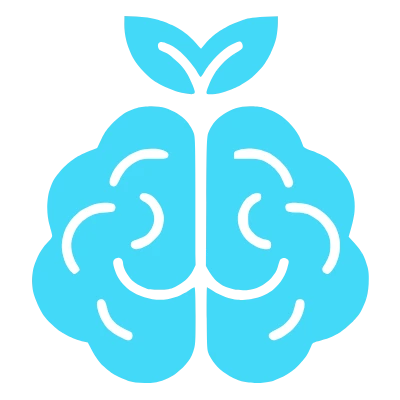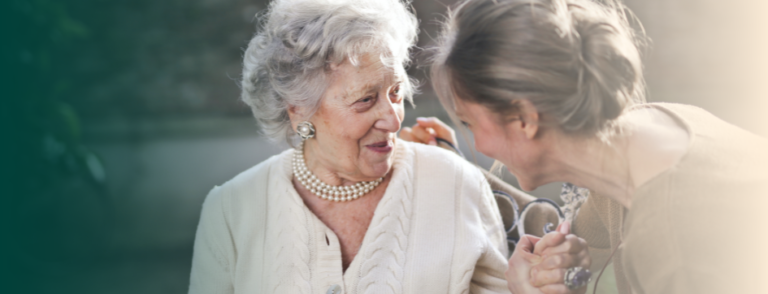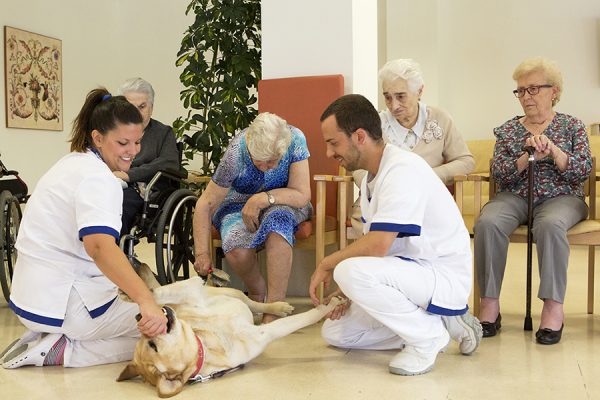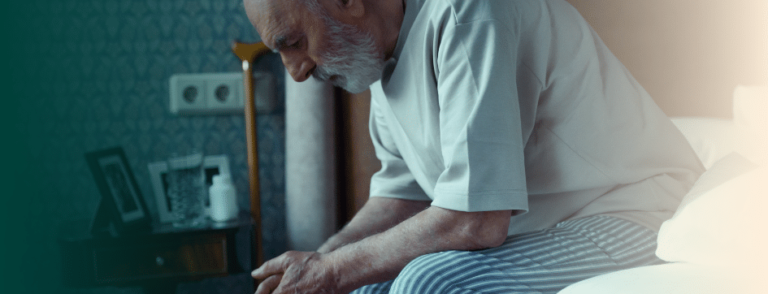The passage of time can bring with it a series of challenges for mental health, and depression in older people is one of the most relevant.
It is estimated that a significant proportion of older people experience depressive symptoms, which can negatively affect their quality of life. But don’t worry! Fortunately, there are methods to identify, treat and prevent this condition.
How to know if an older person suffers from depression?
Identifying depression in older people can be a little more complicated than in other age groups, as the symptoms are often confused with other conditions or natural changes of aging. However, it is essential to pay attention to emotional, behavioral and physical signs.
Symptoms of depression in older people
- Low mood: Feelings of sadness, emptiness or hopelessness.
- Loss of interest: Lack of interest in activities that were previously pleasurable.
- Changes in appetite and weight: May manifest as loss or gain.
- Sleep problems: Insomnia or sleeping too much.
- Lack of energy: Feeling of fatigue or sluggishness.
- Difficulty concentrating: Problems remembering or making decisions.
Symptoms of depression in older people can sometimes be confused with dementia or medication side effects.
Causes of depression in older people
Depression in older adults can be caused by a variety of factors, as this stage of life can bring with it a series of challenges and changes.
Here are some of the most common causes of depression in older people:
Biological changes
As we age, changes occur in the brain and hormonal system that can affect the balance of mood-related neurotransmitters, such as serotonin. This can predispose you to depression.
Physical health
Chronic health problems, such as cardiovascular diseases, diabetes or chronic pain, can negatively impact the quality of life of the elderly.
Constant physical discomfort can increase the risk of developing depression.
Social isolation
Loss of friends and loved ones, retirement, and decreased mobility can lead to loneliness and isolation. Lack of meaningful social interaction can increase the risk of depression.
Lifestyle changes
Loss of independence and the need to rely on others for daily tasks can make older people feel worthless or inadequate, which in turn can contribute to depression.
Stress and losses
Traumatic events, such as the death of a spouse, close friends or family, as well as the loss of important roles in life (such as being the primary caregiver for children), can generate a deep feeling of loss and sadness.
Environment change
Moving to a nursing home or a new place can be emotionally challenging. Adapting to an unfamiliar environment can generate stress and feelings of disorientation.
Financial Concerns
Worries about financial security and the ability to meet medical expenses and basic needs can lead to anxiety and depression.
Stigma of old age
Cultural attitudes that stigmatize aging can lead older people to feel belittled or undervalued, which can negatively impact their mental health.
Lack of purpose
Retirement and lack of work responsibilities can lead to a feeling of purposelessness. Theabsence of clear goalscan contribute to depression.
Depression history
A personal history of depression or related disorders increases the risk of developing depression in later life.
It is important to note that these factors do not act in isolation, but often interact with each other.
Depression in older people is a complex issue that may require a multidimensional approach, including medical, psychological and social support to address these underlying causes and improve the quality of life of those affected.
Consequences of depression in older people
- Decreased quality of life.
- Exacerbated health problems.
- Increased risk of mortality.
- Cognitive impairment.
- Social isolation.
Early attention can prevent many of these consequences.
Depression in older adults, How to help them?
Coping with depression in older adults and deciding how to treat depression in older people involves several strategies:
- Therapy: Cognitive-behavioral therapy has been shown to be effective.
- Medicines: Antidepressants can be useful, but they should always be supervised by a professional.
- Social support: Encourage group activities or family gatherings.
- Physical health care: Making sure the older person is receiving appropriate treatment for any physical health conditions.
Actividades that prevent depression in older people
Prevention is key. Therefore, these activities can be useful to prevent depression in older people:
- Regular exercise: Whether it’s walking, yoga or swimming, exercise releases endorphins that improve your mood.
- Maintain an active social life: This can be through clubs, hobby groups or volunteering.
- Hobbies: Creative activities, such as painting, writing, or playing an instrument, can be therapeutic.
- Mindfulness and meditation: These practices help focus on the present and reduce anxiety.
As you see, depression in older people is a serious problem, but with proper attention and care, it is treatable and preventable. Being informed and attentive to the signs can make all the difference in an older person’s life. Prevention and early action are key.
It is our duty as a society to take care of our older adults and ensure that they live their golden years with joy and well-being.






